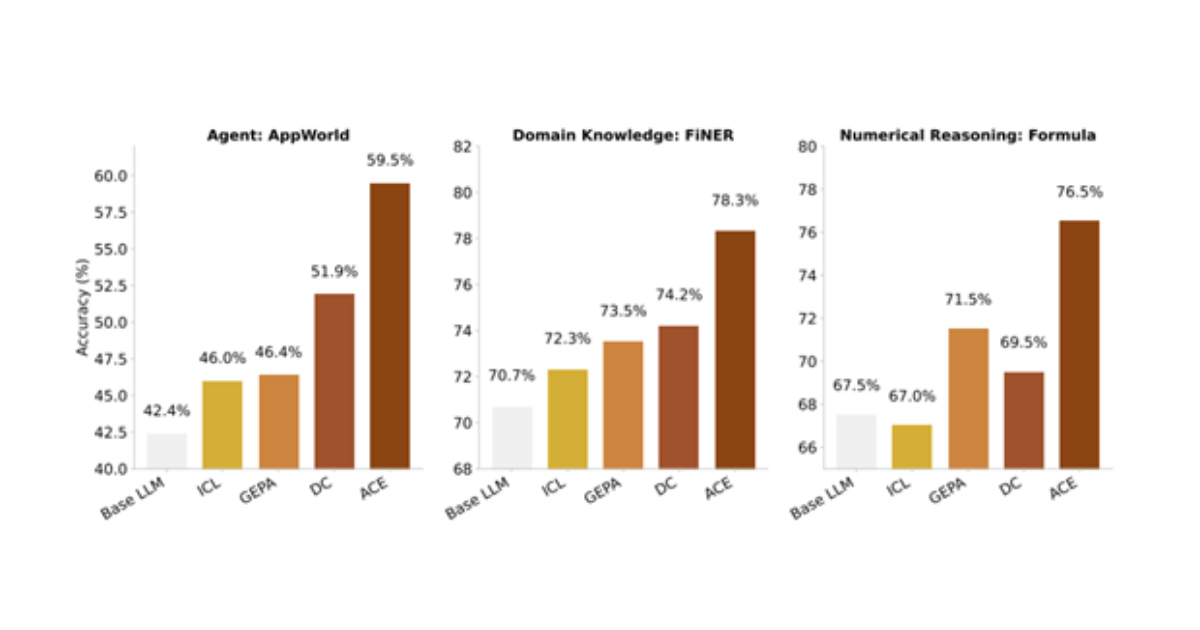
In the realm of large language models (LLMs), a groundbreaking approach has emerged: Agentic Context Engineering (ACE). Developed by researchers from Stanford University, SambaNova Systems, and UC Berkeley, ACE presents a novel framework aimed at enhancing LLMs by fostering self-improvement through structured contexts, rather than conventional weight updates. This innovative method, detailed in a recent paper, represents a paradigm shift in LLM development, striving to enable these models to refine themselves autonomously without the need for extensive retraining.
Traditional methods of enhancing LLMs have often relied on adjusting the weights within the model through iterative training processes. However, ACE introduces a fundamentally different strategy by emphasizing the cultivation of evolving contexts within the model itself. This approach marks a departure from the labor-intensive process of manual adjustments, offering a more dynamic and self-directed mechanism for improvement.
One of the key advantages of the ACE framework lies in its ability to facilitate continuous learning within LLMs. By creating structured contexts that evolve over time, the model gains the capacity to adapt to new information and refine its understanding without requiring human intervention. This autonomous self-improvement mechanism holds the promise of significantly enhancing the efficiency and effectiveness of LLMs across various applications.
Moreover, the concept of agentic context aligns with the evolving landscape of artificial intelligence, where the focus is shifting towards systems that possess a degree of autonomy and agency in their decision-making processes. By empowering LLMs to actively engage with their environments and iteratively enhance their capabilities, ACE embodies a forward-looking approach that resonates with the principles of self-directed learning and adaptability.
In practical terms, the implications of ACE are far-reaching. Imagine a large language model that can continuously refine its understanding of complex language patterns, learn from real-world data streams, and adapt to evolving contexts in real-time. Such capabilities could revolutionize a wide range of applications, from natural language processing and machine translation to content generation and sentiment analysis.
As the field of artificial intelligence continues to advance, frameworks like ACE pave the way for a new era of self-improving systems that can learn, evolve, and adapt independently. By harnessing the power of agentic context engineering, researchers are not only pushing the boundaries of LLM development but also ushering in a future where intelligent systems can enhance themselves organically, at the same time, opening up exciting possibilities for innovation and discovery in the realm of artificial intelligence and beyond.

